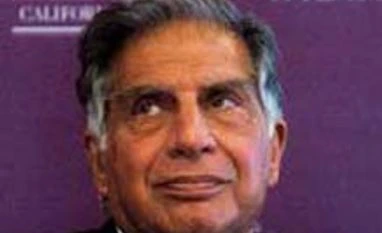At 77, Ratan Tata has become a serial investor, exhibiting the enthusiasm of a young entrepreneur. Tata has made six investments in about seven months. He invested in Snapdeal in August followed by Bluestone, Urbanladder, Cardekho, Paytm and now Xiaomi.
He has also agreed to take on a mentorship role for portfolio companies of Bangalore-based venture capital fund Kalaari Capital.
Tata is not the only Indian business icon who is making investments in the internet start-up space.
Narayana Murthy, chairman emeritus, Infosys, has started a joint venture with US e-tail giant Amazon to help small and medium businesses come online. Wipro chairman Azim Premji has made investments in Myntra and Snapdeal. But both the IT czars have made these investments through their family offices and they look like fair business propositions to manage their wealth.
But what is driving Tata to make these investments?
The Chairman emeritus of $104-billion Tata Group has never chased personal wealth, everyone agrees on that.
Also Read
Neither is he doing this for charity. Tata as the chairman of Tata Trusts, one of the most respectable charitable organisations in the world, is already serving the society through various activities the organisation undertakes.
The answer then may lie in a recent speech he gave at the convocation ceremony of Mumbai International School of Business (MISB) Bocconi this month. Addressing the students, he said, “The feeling that you have made a difference is greater than if you have made a lot of wealth.”
Tata is passionate about entrepreneurship. He is curious about new age businesses and is refusing to hang up his boots. But more importantly he wants to leave his impact on the Indian entrepreneurial ecosystem. No wonder that he also encouraged the students to start their own enterprises.
Xiaomi is not an Indian start-up. It is not into new age businesses. But the impact that this Chinese mobile handset maker can have in the penetration of smartphones in India is obvious. And that means a more robust entrepreneurial ecosystem for India. Tata obviously wants to be a part of this.
)